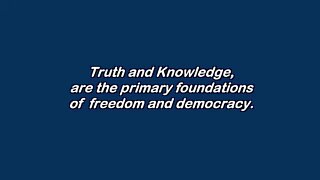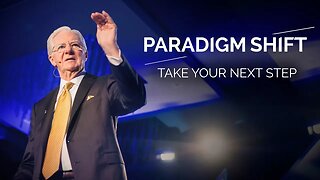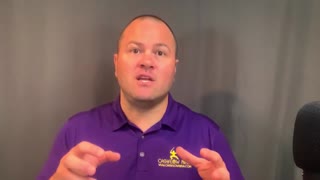#24 Paradigm
A paradigm refers to a set of beliefs, assumptions, values, practices, and methodologies that shape the way individuals perceive and interpret reality within a particular field or discipline. It provides a framework that guides how people approach problems, generate solutions, and establish norms. Paradigms can be found in various domains, such as science, philosophy, sociology, and business.
"Shifting paradigms" refers to a significant and fundamental change in the underlying assumptions and perspectives that guide a particular field, discipline, or way of thinking. It involves a transformation in the way people view the world, solve problems, and make decisions. Shifting paradigms can occur due to new discoveries, technological advancements, changes in societal values, or critical insights that challenge the existing normative framework.
Thomas Kuhn, a philosopher of science, introduced the concept of paradigm shifts in his book "The Structure of Scientific Revolutions" published in 1962. He argued that scientific progress often involves periods of normal science, where researchers work within an established paradigm, and then occasional revolutions, where new theories emerge that challenge and eventually replace the old paradigm.
Overall, shifting paradigms represents a significant departure from the status quo, often leading to a reevaluation of long-held beliefs and practices, and potentially opening up new ways of understanding and approaching various aspects of life and knowledge.
www.antharas.co.uk/ companies website or you can find it on Amazon!
#BusinessStrategy
#Entrepreneurship
#Leadership
#Management
#Marketing
#Finance
#Startups
#Innovation
#Sales
#SmallBusiness
#CorporateCulture
#Productivity
#SelfDevelopment
#SuccessStories
#PersonalBranding
#Networking
#Negotiation
#BusinessEthics
#TimeManagement
#GrowthStrategies
#MarketAnalysis
#BusinessPlanning
#FinancialManagement
#HumanResources
#CustomerExperience
#DigitalTransformation
#Ecommerce
#SocialMediaMarketing
#BusinessCommunication
#ChangeManagement
-
 20:47
20:47
peterparadime
1 year agoParadigm-2022
6 -
 2:53
2:53
Proctor Gallagher Institute
6 years agoParadigm Shift | Take Your Next Step
12 -
 2:28
2:28
ethanjcook
1 year agoParadigm
35 -
 0:18
0:18
Motivationalmoments81
5 months agoThis is How Are Paradigm Can Be Changed!
51 -
 12:34
12:34
VikingVigilante
1 year agoHow to Change a Paradigm
153 -
 10:57
10:57
Cashflow Ninja
2 years agoYour Paradigm Determines Your Future
36 -
 5:10
5:10
coachirishh
5 months agoPARADIGM SHIFTING: PORTUGAL
2 -
 1:10
1:10
IAMACOMEBACK
1 year agoParadigm shift
2 -
 5:14
5:14
Brian J. Pombo Live
3 years agoPsychology and Mathematics 🧠
9 -
 45:20
45:20
Proctor Gallagher Institute
5 years agoHow You Can Have a Paradigm Shift
1